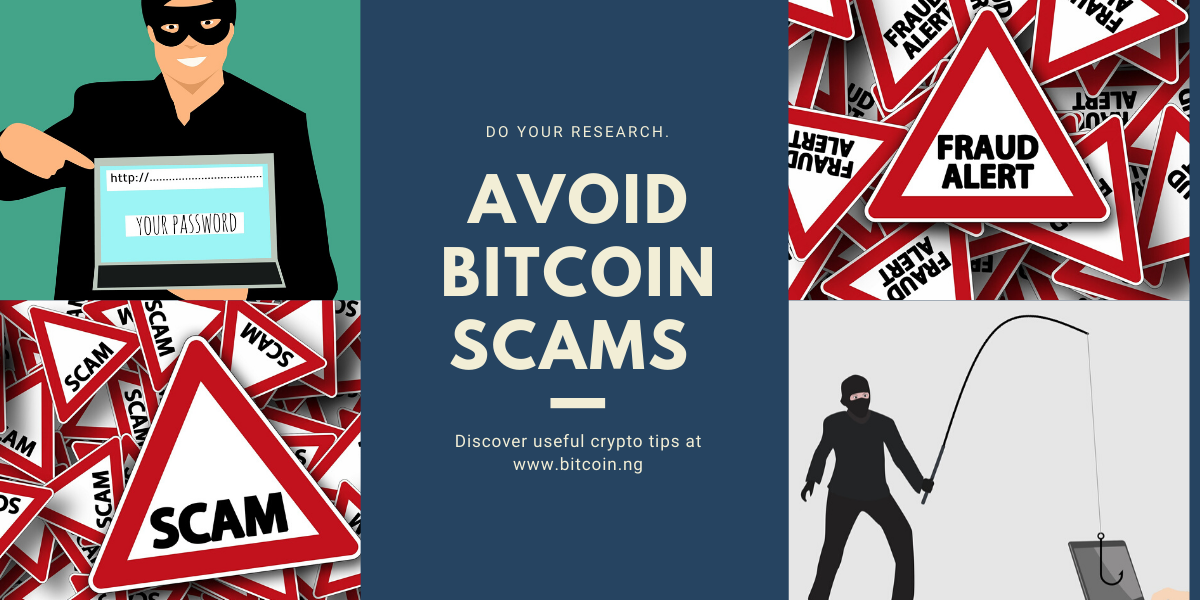
Bitcoin scams are on the increase. Many are also so convincing, that even long-term investors and traders are caught unaware. As a result, Bitcoin fraud is estimated to be making perpetrators over $1 million per week.
To help you identify Bitcoin scams. We’ve compiled a list of the most common scams people fall victim to. It should be remembered, though, that scams can be presented slightly differently by different perpetrators.
John McAfee and Crypto Influencer Bitcoin Scams
As far as Bitcoin scams go, crypto influencer scams are one of the newest and most easy to fall for. Typically, the social media account of a famous cryptocurrency market influencer is taken over by hackers. These people then stage free Bitcoin giveaways.
If you own Bitcoin or other altcoins, scammers encourage you to send this to their address. In return, they will deposit double your funds back in your wallet address. Sadly, this never happens.
Bitcoin Ransomware Scams
Bitcoin ransomware scams are more difficult to steer clear of than Bitcoin influencer scams. This is because these cryptocurrency scams see viruses infect user PCs. Once infected, viruses encrypt PC files and ask that users pay a ransom in Bitcoin to retrieve these.
A Bitcoin ransomware attack can be particularly problematic if you use your PC to store cryptocurrency. In every case, though, no one should ever pay ransom demands.
People who do pay ransoms to Bitcoin scammers often become a target for future attacks. It is, therefore, safer, to simply wipe computer hard drives, before reinstalling PC operating systems.
Bitcoin Ponzi Schemes and Fake ICOs
When Bitcoin scams first started appearing in 2012, most took the form of basic Ponzi schemes. These ask that Bitcoin owners deposit Bitcoin or fiat cash to start earning daily interest.
Thankfully, few people fall for obvious Ponzi schemes anymore. However, now scam perpetrators dress up their scams more creatively.
In many cases, a scam will be presented as a Bitcoin arbitrage trading opportunity. On other occasions, victims are encouraged to buy fake ICO coins that will generate constant profits. In every case, though, legit Bitcoin investment sites never promise daily returns on investments.
Bitcoin Phishing and Fake Exchanges
Bitcoin phishing scams are scams that see cryptocurrency users directed to fake cryptocurrency exchange login pages.
In almost every case, an exchange login page will look identical to the real thing. However, as you enter your login details, thieves steal these and use them to log in to your real exchange account on your behalf.
Thankfully, this scam is easily avoided by always checking exchange URLs in address bars, and never leaving coins deposited on exchanges.
Bitcoin Police and Nigerian Government Scams
In the United States, thousands of people receive phone calls every day, from apparent police officers and government tax collectors. Duing calls, scam victims are given a warning that if they do not pay outstanding fines in Bitcoin, they will face lengthy prison sentences.
In Nigeria, this scam is less common. However, if you are ever called by local police or government officials demanding payment of fines using Bitcoin, this will be a scam.
How to Stay Safe From Bitcoin Scams
The easiest way to prevent falling victim to cryptocurrency scams is to never sign up to strange exchanges or questionable Bitcoin investment platforms. To avoid Bitcoin malware and ransomware, it can also be a good idea to use more secure Linux (as opposed to Microsoft) PC operating systems.